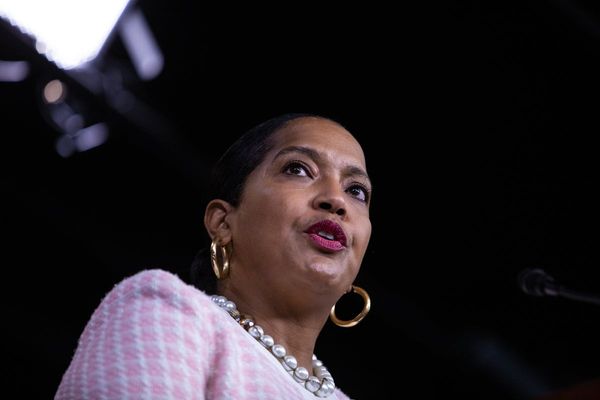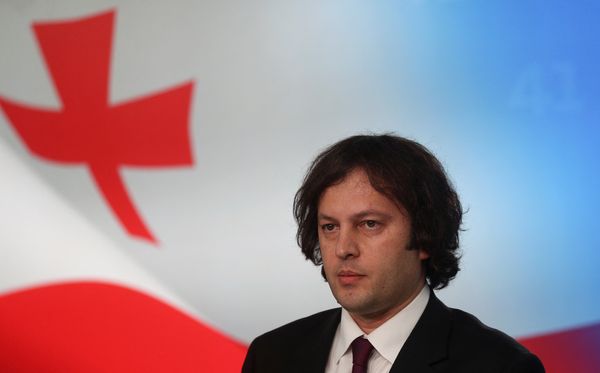
London (AFP) - European wholesale gas prices have fallen from record peaks reached after producer Russia's invasion of Ukraine, but energy bills remain sky high despite government help aimed at easing consumers' pain.
In Britain and the European Union, the impact of soaring gas and electricity bills has been cushioned to an extent by state aid measures that seek to soften the blow of decades-high inflation.
But consumers still face unusually high bills, even if the worst of the winter has yet to come in the northern hemisphere.
"Energy bills will go down but there is a lag in the reaction because the utilities buy forward on the wholesale market a lot of the energy they then sell to the end-users," said Georgi Slavov, analyst at financial group Marex.
"This means that the extortionate prices we saw in the last three-six months have not fully gone through the system yet," he told AFP.
Slavov added that "unless something bad happens again between now and January, we expect consumer prices -- including headline inflation -- to start falling in the first quarter of 2023".
Plunging prices
Unusually warm autumnal temperatures have reduced demand and allowed most European nations -- though not Britain -- to ramp up gas storage.
A particularly cold winter could quickly send demand soaring once more across Europe.
"Industry specialists are warning that, just because (market) prices have fallen back sharply, does not mean they won't rise back as fast if winter demand rises rapidly," said independent analyst Howard Wheeldon.
"This relates to demand and how Europe copes through the winter."
In March, soon after the start of Moscow's assault on Ukraine, Europe's benchmark Dutch TTF gas price jumped to a record 345 euros per megawatt hour.
UK gas futures hit an all-time peak at 800 pence per therm.
After falling back, the market briefly rebounded close to the same levels in the summer after Russia suspended gas supplies to Europe via the Nord Stream 1 pipeline.
However since August, TTF gas has shed about two thirds of its value.
In trading on Wednesday, TTF prices stood at 116.25 euros and UK prices at 278.13 pence.
Domestic energy suppliers bet against volatile prices by hedging, or taking a defensive position on futures markets, but this means they cannot always benefit from short-term moves in spot, or current, prices.
China clouds outlook
British households have had their annual energy bills capped at an average of £2,500 ($2,885) thanks to government help -- but this is set to last only until April when bills are forecast to be even higher.
Traders are also mindful of the uncertain demand outlook from China, the world's most populous nation.
Chinese demand hinges on the future of its economically damaging zero-Covid strategy.
"China is currently maintaining Covid restrictions meaning that some of its industry remains shut down or producing far less than would be regarded as normal," added Wheeldon.
"One may suggest that it is only lower demand for liquefied natural gas (LNG) by China that has allowed European nations to be so aggressive in mopping up output that might otherwise have been bought by China."
The International Energy Agency last week warned that Europe must act immediately to prevent a shortage of natural gas next year as Russia slashes deliveries in the wake of the war.
The IEA said the shortfall would occur if Russia stops pipeline deliveries completely and China steps up its imports of LNG.
The region could lack 30 billion cubic metres that it needs "to fuel its economy and sufficiently refill storage sites during the summer of 2023, jeopardising its preparations for the winter of 2023-24," the Paris-based agency said in a report.
And while SEB Markets analyst Ole Hvalbye told AFP he expected energy bills to fall following the recent sharp drops in wholesale prices, this is expected to be a "short-term blip".
"Prices are likely to climb again when entering the winter in a few weeks' time," he added.







